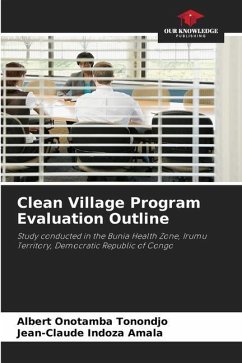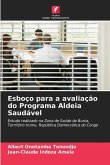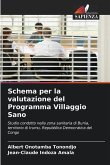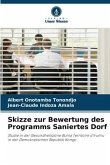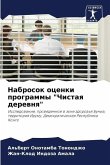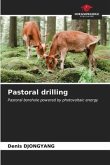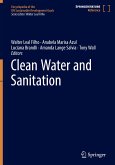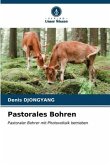This study is an outline for the evaluation of the Sanitized Village Program (SVP) in the Bunia Health Zone, Irumu Territory, in the eastern part of the Democratic Republic of Congo, in the following four rural settlements: Bembey, Kitirongo, Muhito and Myala. The assessment focused on three motives: water, hygiene and sanitation. In addition, four evaluation criteria were retained, including the participation of the rural population in the organized VAP, the relevance of the said VAP in relation to the needs felt by the target population, the sustainability of the actions carried out by the same VAP and finally, the real impact of the VAP on the local communities benefiting from its support. Consequently, after investigation, it is observed that the impact of the VAP has remained mixed in relation to the sad realities of the field, in the sense that the slabs and modern latrines offered to most of the needy, remain unemployed while the usefulness is felt. Others, on the other hand, have already forgotten the concepts taught to them by the VAP for use. In view of all these shortcomings, it is clear that the participation of the population was passive.

